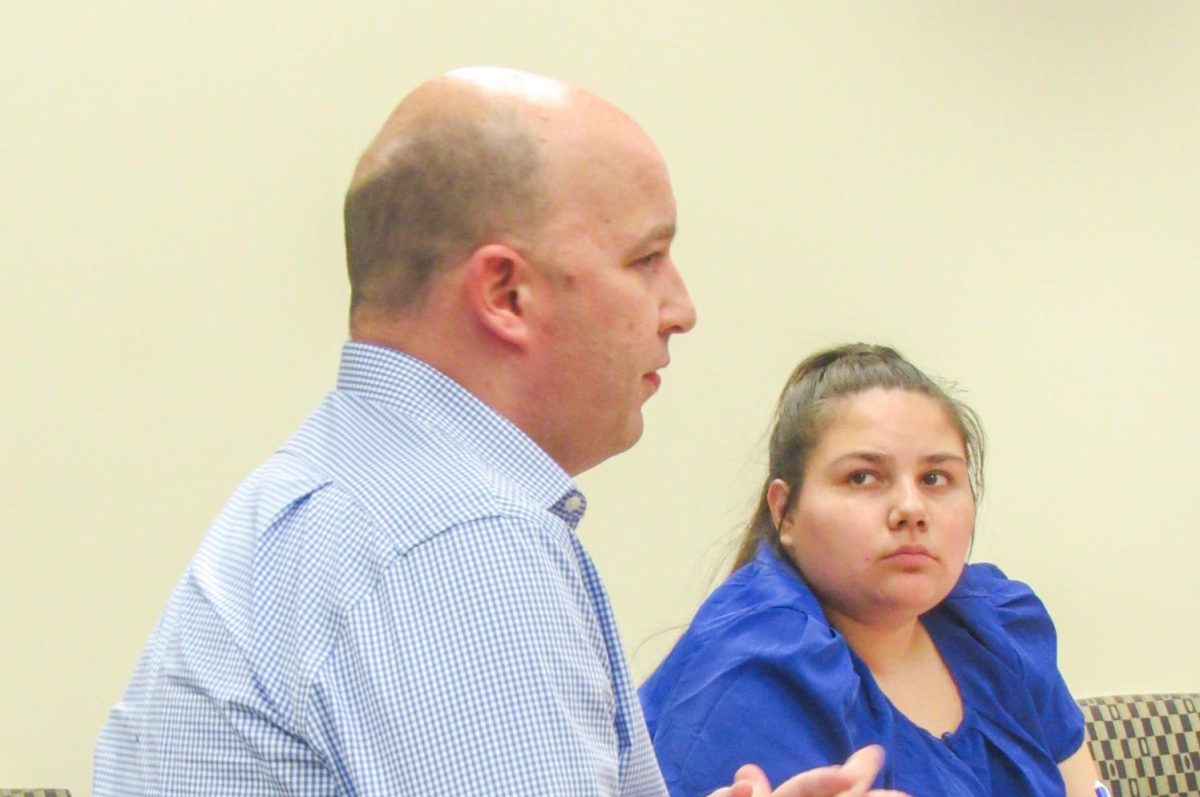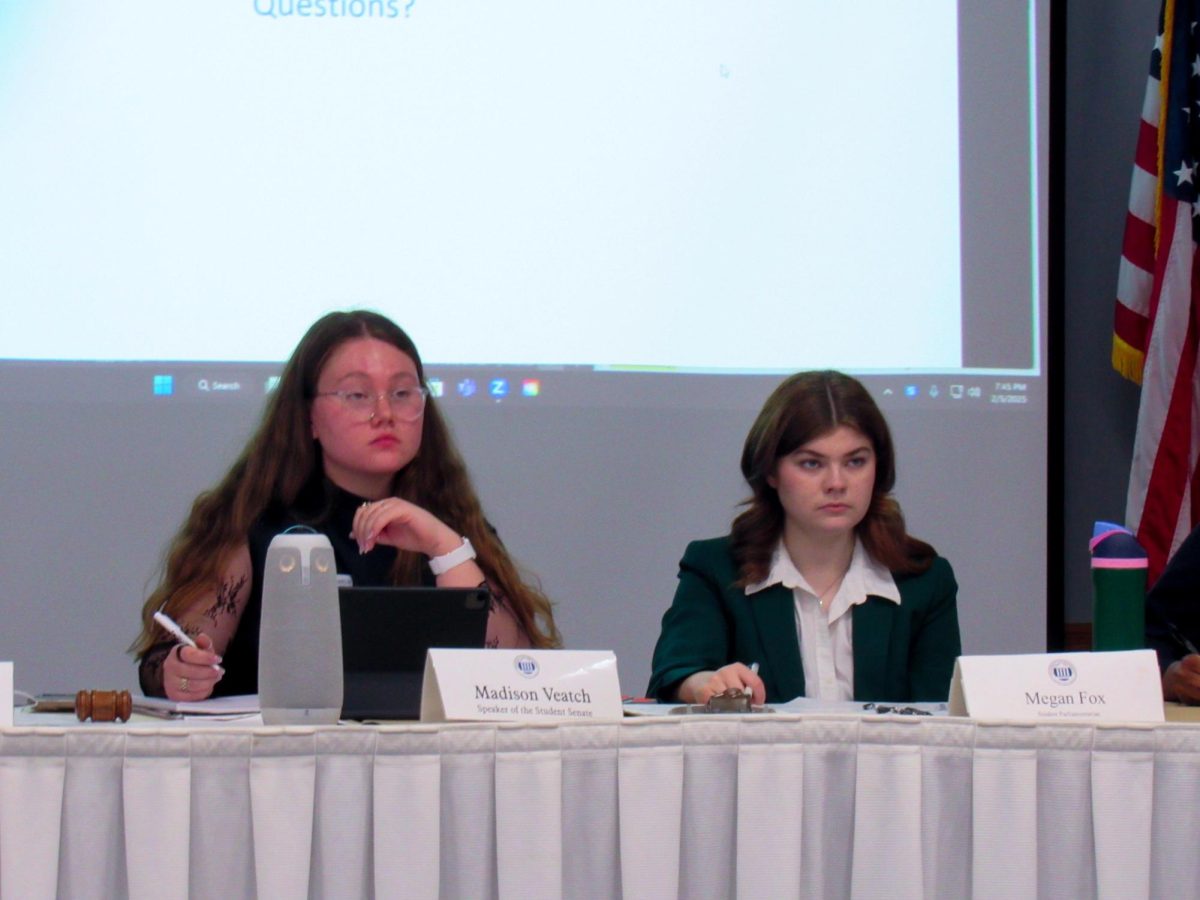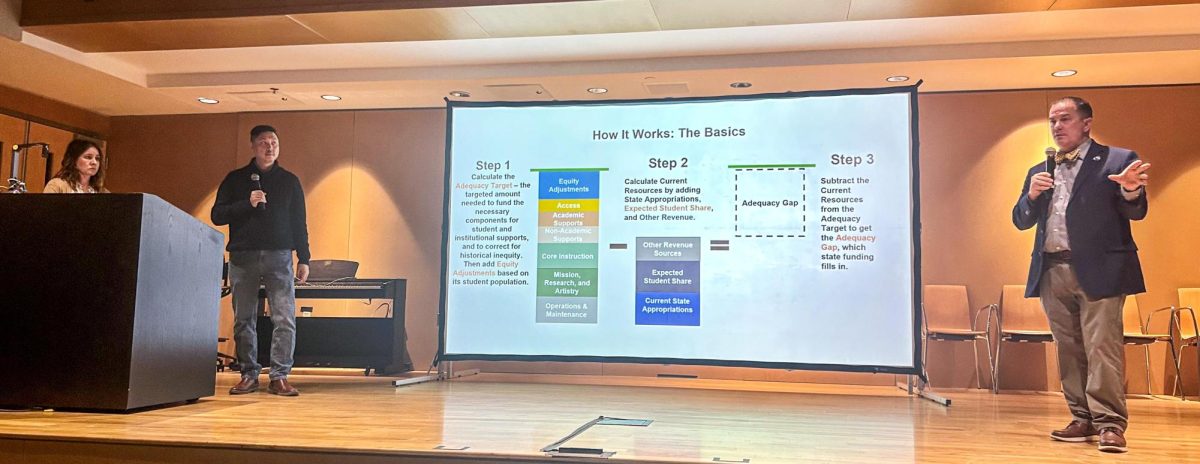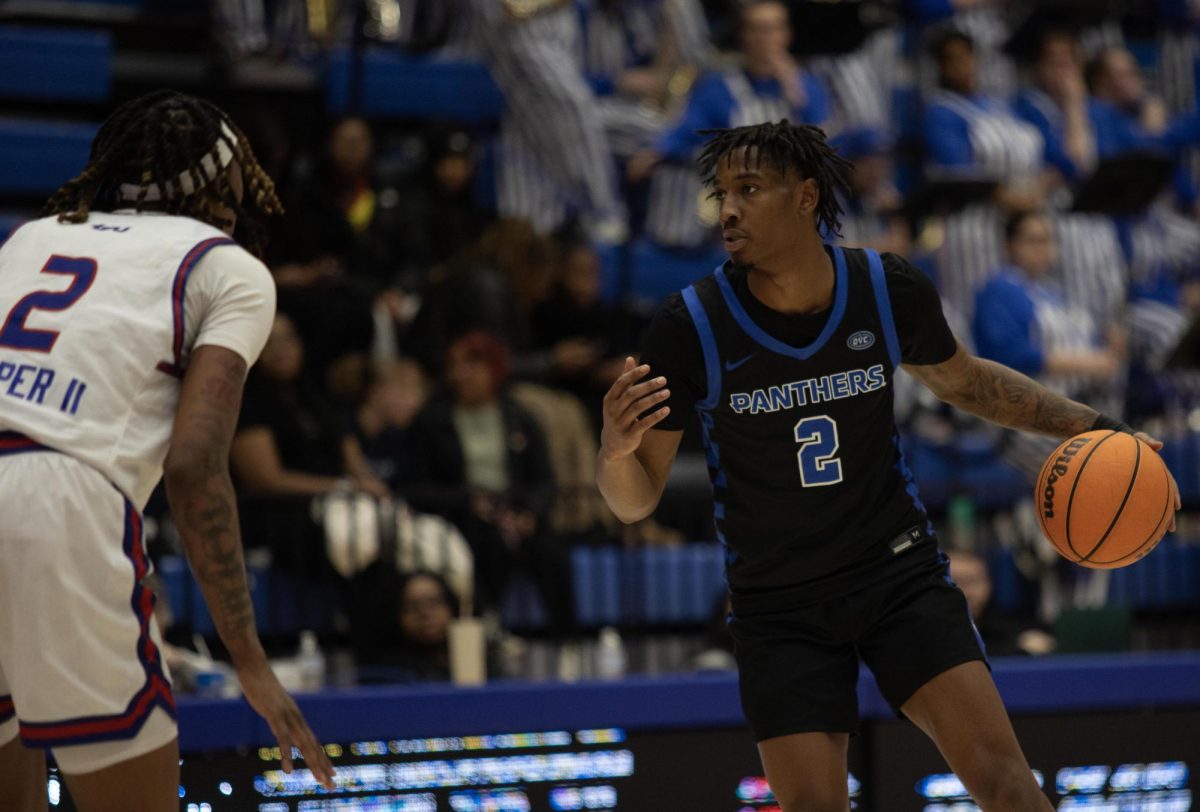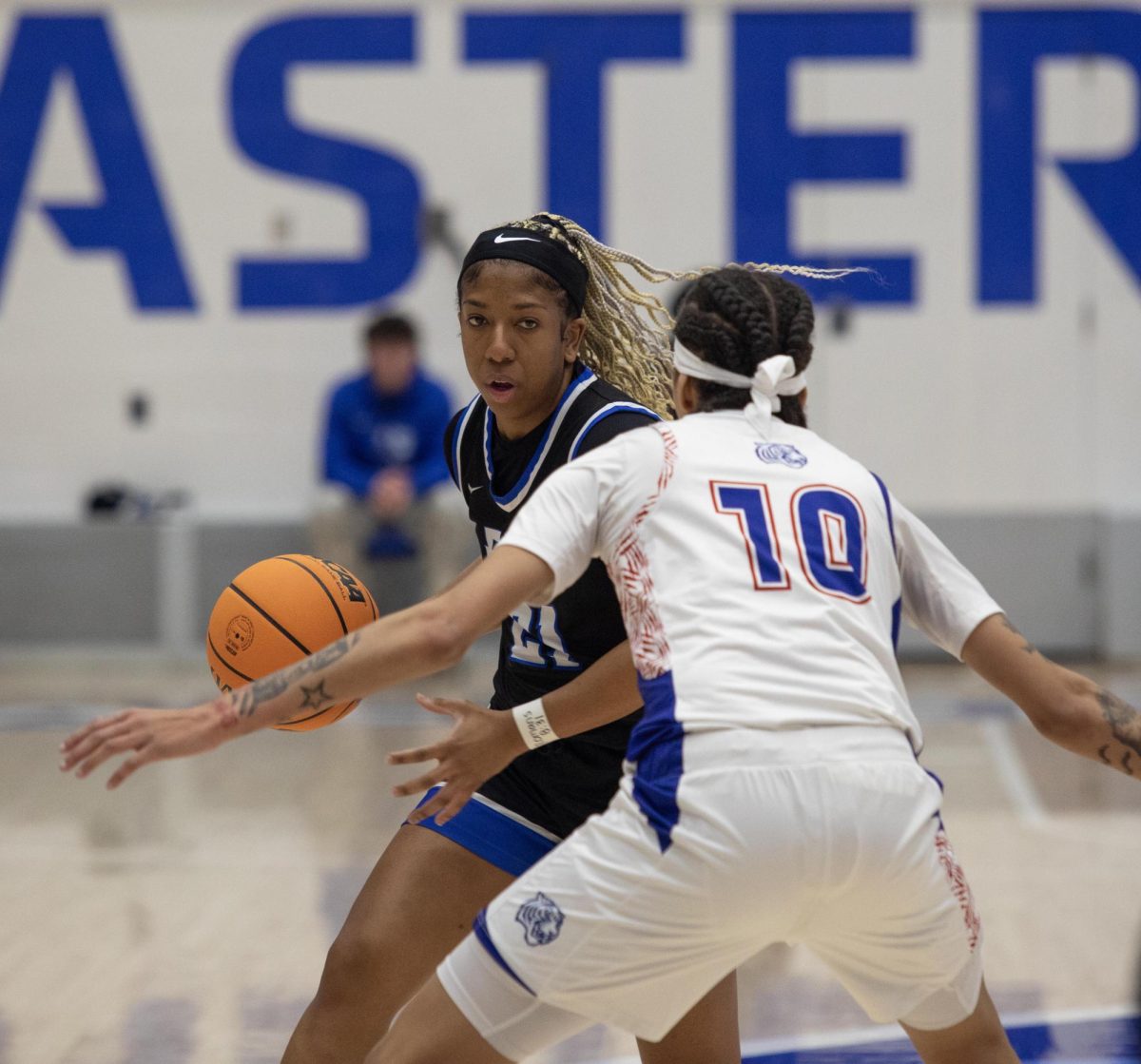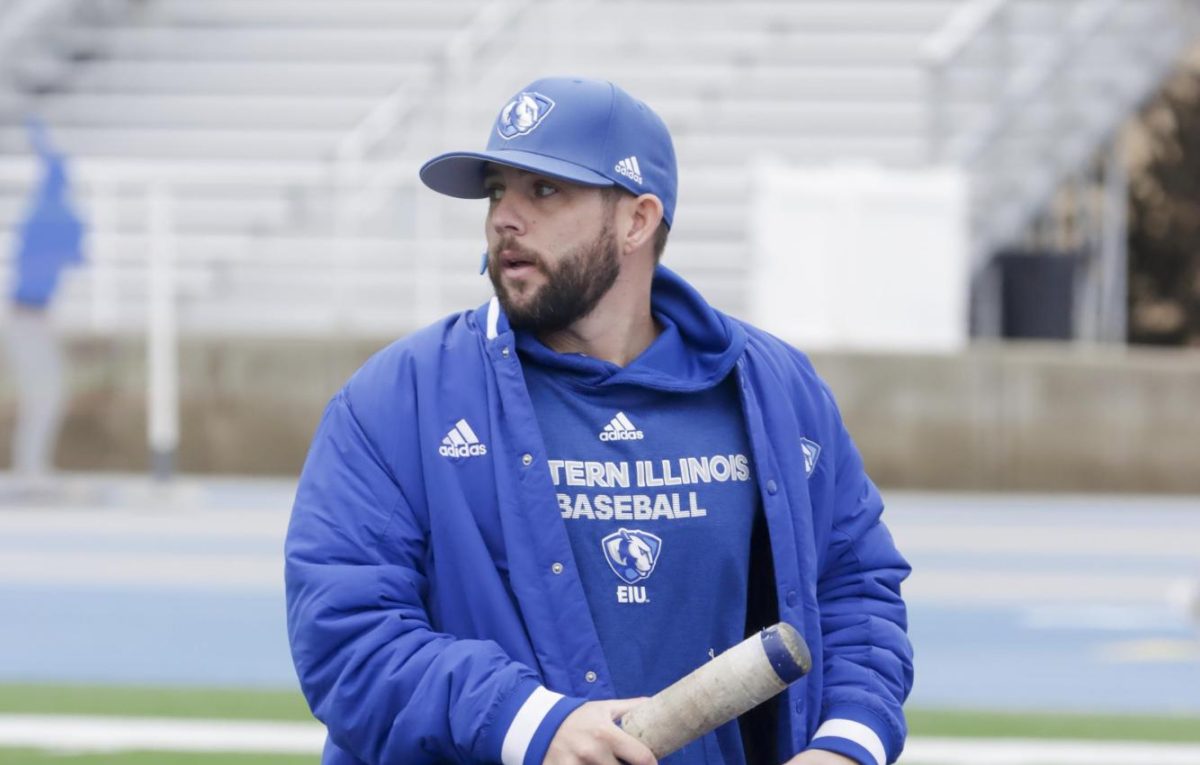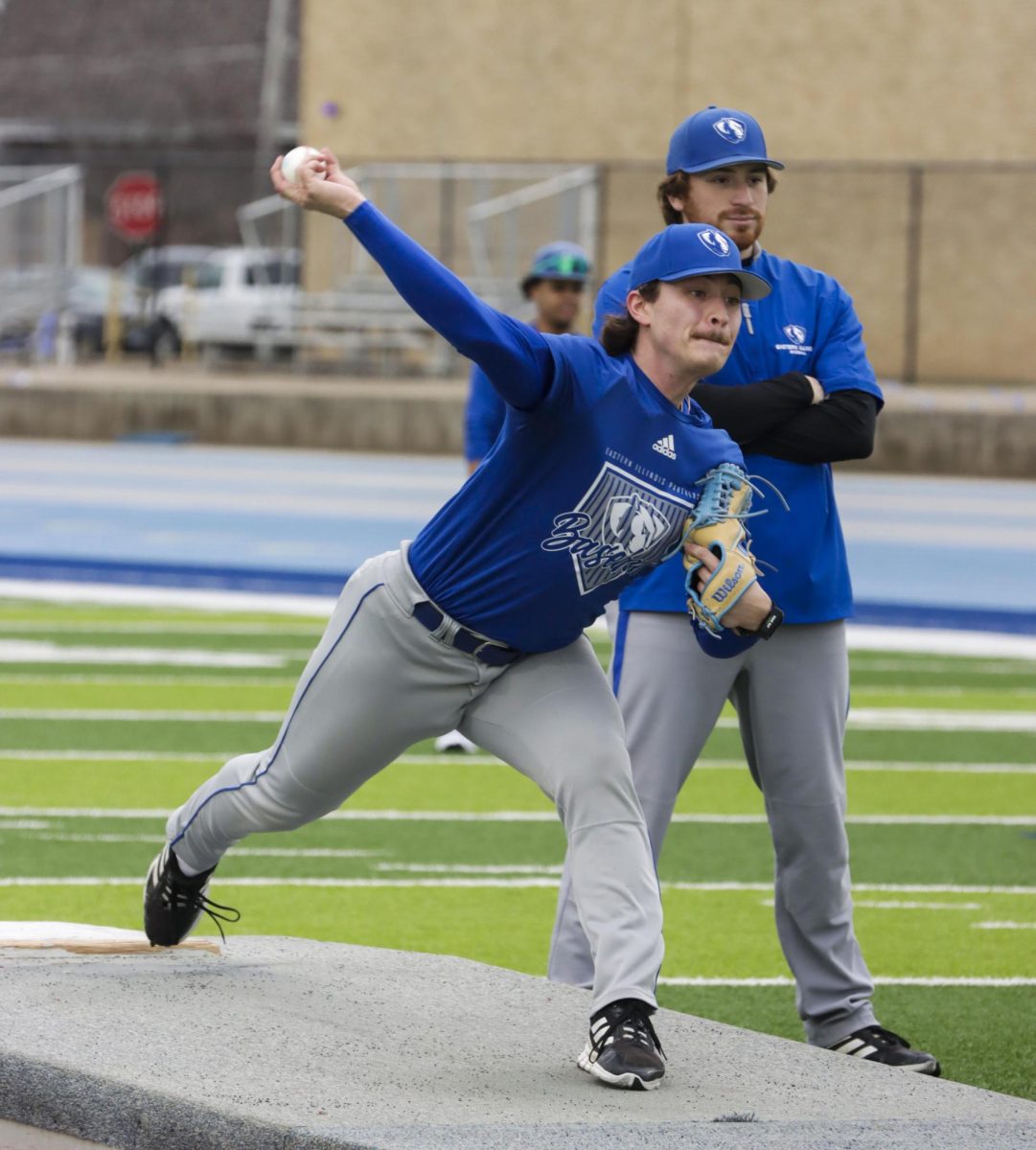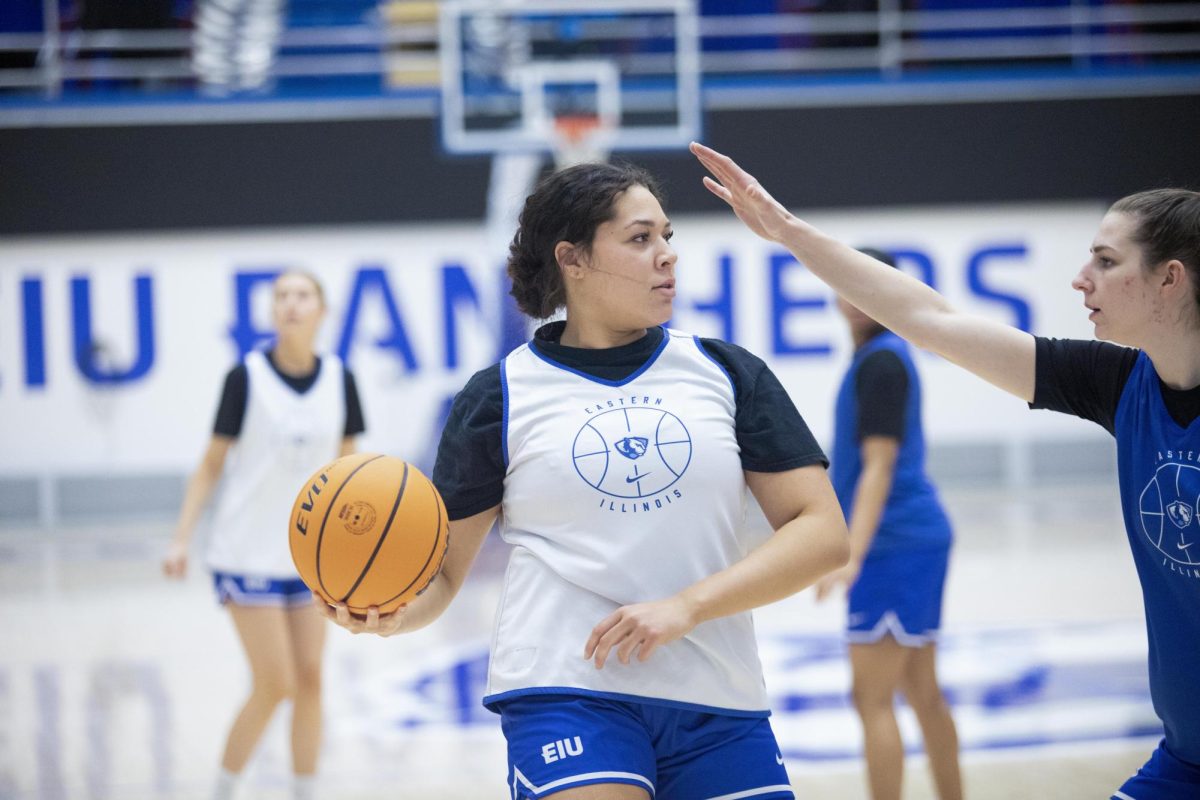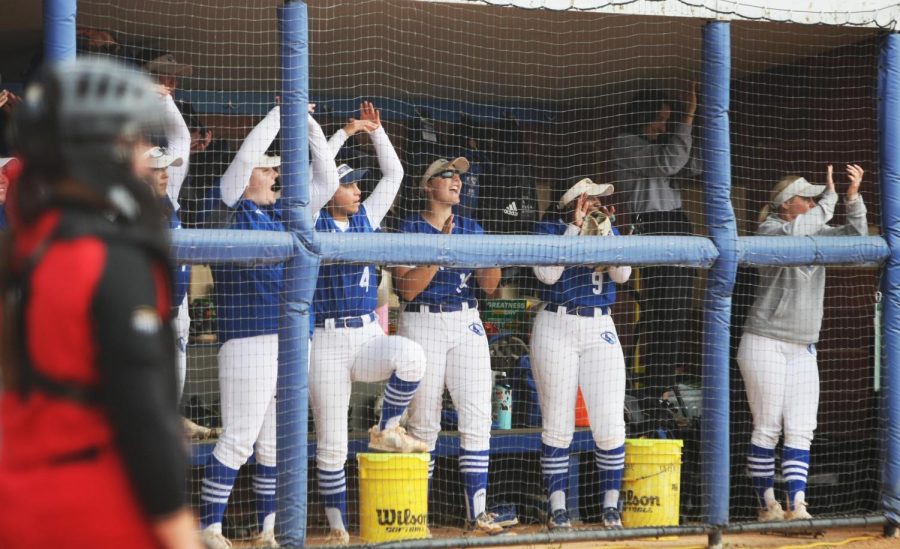Authors share stories, techniques at festival
February 1, 2015
Stephen Graham Jones began to write his first story after being escorted out of his world literature class by two police officers.
“I wasn’t taking notes; I was just sitting there,” he said. “Two cops come in and start looking around, and I kind of sink down like, ‘Come on, come on, I’m in class,’ but sure enough they saw me and they say, ‘Come with me.’”
But they were not busting him for the usual reasons, Jones said.
One of his uncles had suffered third-degree burns on 95 percent of his body, and thinking he would die, the hospital called for the nearest family member to be with him.
“I sat in that burn unit ICU for three days waiting for him to live or die, and all I had was a pen and a notebook, and I wrote my first story in there,” Jones said.
Jones then turned his story in to his composition professor, seeing as he neglected to write the essay he was supposed to for class, and instead of being in trouble, his professor sent his story into a contest where it won an award, Jones said.
Now the author of multiple novels, collections and short stories, Jones was the keynote speaker for Eastern’s Lions in Winter literary festival on Friday.
Though he wrote his first story in college, Jones said he knew he wanted to be a writer since fourth grade when he read the book “Where the Red Fern Grows,” which he had to check out of the library four times to finish.
“At the end of that book there’s an axe head stuck in the tree,” he said. “I clearly remember sitting in the library thinking, ‘I can do that; I can stick an axe head in the tree.’”
Jones read from his collection of 50 flash fiction stories, “States of Grace.”
“The reason that I generate so many of these is because a piece of flash fiction is as long as you are allowed on a Bounty paper towel,” he said. “When my kids were little, that was the only thing I had to write on.”
One story was called “Neither Heads Nor Tails” in which the narrator tells the story of his father losing his left nipple in a hunting accident, noting that the mark still exists on the garage wall where their golden retriever licked it up.
“It didn’t make him any less of a father; it made him more of a man really,” Jones read.
He also read from “Bleed Into Me,” which was his first collection from 2005.
“With my first collection, it’s like you are naked in that book because everything that’s in there is my story that I just changed the names in,” Jones said.
The story “Discovering America” from that collection tells of a man who is stereotyped by his work crew and others for being Native American.
Jones said this story was about 96 percent based on his real-life experiences.
“The only part that’s different is in the end I didn’t actually kill the clerk,” he said.
Shayna Hamm, president of the Sigma Tau Delta English honorary society, said she thought the pieces Jones chose to read showed variety, and along with being funny, he read with a melodic voice that made his stories more enjoyable.
She said she learned from Jones’ presentation that it is OK to scrap stories and start over, as she has struggled in the past with finishing them in a certain timeframe.
Ruben Quesada, an English professor, said what stood out to him was hearing how growing up in west Texas influenced Jones’ writing.
Quesada said he hopes students took away that their day-to-day experiences can play a bigger role in the things they do than they may realize.
“The world around us always finds a way into the art we make,” Quesada said.
The festival continued Saturday with readings by poet David Tomas Martinez, creative non-fiction writer Julija Šukys, and fiction writer Edward Kelsey Moore.
Andrew McCue, a junior English major, said he enjoyed Moore’s reading of his novel “The Supremes at Earl’s All-You-Can-Eat,” which was a New York Times bestseller.
The novel begins with a woman having a hot flash and talking with her brutally honest, marijuana-smoking and ghost-seeing mother.
McCue said the organic dialogue made him connect with the story, and he would like to incorporate similar techniques in his own writing.
He said one thing he dislikes about literary festivals like Lions in Winter is that they can become more about promotion than celebrating the authors’ works, as most sold copies of their books outside of the Lecture Hall.
Lania Knight, an English professor, said she thought the festival had a lot of energy.
Knight said more than 100 people registered for Saturday’s craft lectures, which was twice as many as last year.
She said the festival has been going on for five or six years, but this was only the third year that it was held in one weekend rather than over a span of weeks.
Knight said she hopes her students were motivated by the variety of writings shared.
“I hope it inspires them,” she said. “I hope they want to go home and write.”
Stephanie Markham can be reached at 581-2812 or samarkham@eiu.edu.

